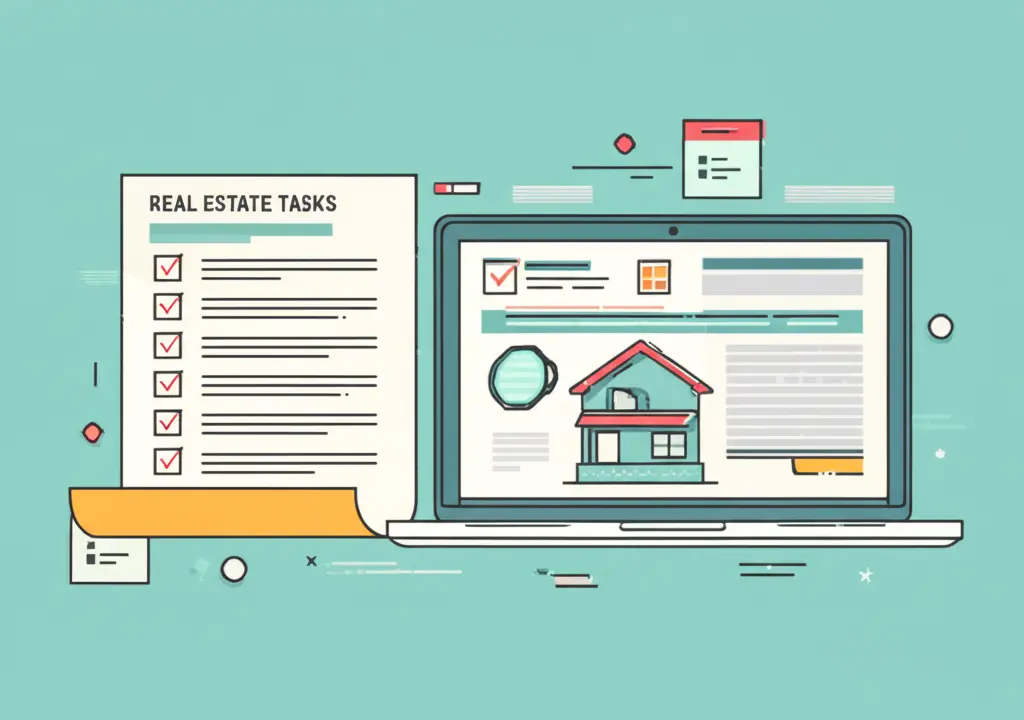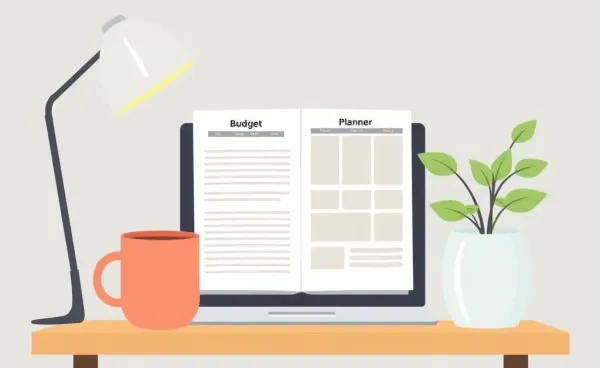Real Estate Investing: Key Homework to Do Before Jumping In
Learn what homework you should do before becoming a real estate investor.

Have you ever found yourself daydreaming about becoming a real estate tycoon, browsing Zillow like it's Tinder, swiping right on properties that catch your eye? If real estate investment has been buzzing around your mind lately, you’re not alone! But before you take the plunge, let’s talk about the vital homework that can set you up for success.
Why Do Your Homework in Real Estate Investing?
Let’s face it, real estate isn’t just about finding a pretty house and sitting back while the rent checks roll in. There are layers and layers of complexities. Doing your homework ensures you’re tapping into the real potential of the market, rather than falling into common pitfalls.

Understanding the Market
A good place to start is by understanding the market dynamics in your area. Are prices on the rise? Is there a demand for rental properties? Check out recent sales trends or consider using tools like this index to get insights into how your local market is performing. You wouldn’t want to buy in a neighborhood that’s on the brink of decline, right?

Financing Your Investment
Once you’ve gauged the market, it’s time to figure out your financing options. Talk to multiple lenders to get the best mortgage rates. Remember, a lower interest rate can significantly impact your profitability over time! Also, assess your financial health—understand your cash flow, debts, and how much you can realistically afford to invest.
Due Diligence: The Non-Negotiable Step
Due diligence is your insurance policy against nasty surprises. This involves everything from thoroughly inspecting the property physically to evaluating any legal restrictions that might apply. The importance of this step cannot be overstated—catching issues early can save you from headaches (and wallet aches) later.
Property Analysis: Crunching the Numbers
Before finalizing any purchase, perform a detailed property analysis. This includes looking at expected rental income, expenses like property management fees, and potential growth in property value. A useful tool is a rental property calculator, which you can find online.

The Takeaway
Embarking on the real estate journey can be both thrilling and daunting. By doing your homework, you’re not just making an investment; you’re building a foundation for future financial success. So grab your pen and paper (or, you know, open a new Excel sheet) and jump into research mode. Your future self will thank you!
What’s the most surprising thing you’ve learned about real estate investing? Share your thoughts—I’m curious to know!




